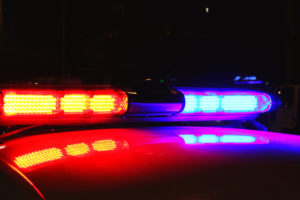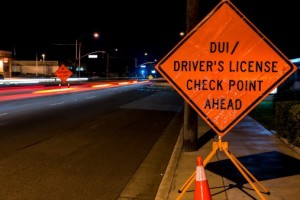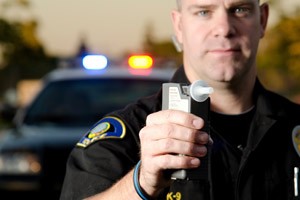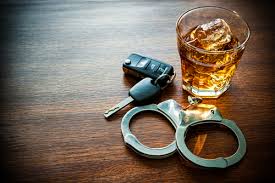
Well-known Hollywood celebrity, actor, and comedian, Vince Vaughn, was convicted on charges of reckless driving this week, stemming from his arrest for at a DUI checkpoint in Manhattan Beach, California last June. Because the arrest occurred in California, Mr. Vaughn’s attorney was able to negotiate a plea deal on his behalf to reduced charges and no jail time. The arrest occurred after Mr. Vaughn was stopped at a DUI check point, also known as a sobriety checkpoint.
If the arrest had occurred in New Jersey, Mr. Vaughn would have likely been subject to increased charges and consequences. This news comes at a particularly relevant time as some Central Jersey and North Jersey towns and counties are preparing to increase DWI checkpoint usage.
Vince Vaughn’s Arrest
Vince Vaughn is an American actor, producer, screenwriter, and comedian who is most well-known for his roles in the films Old School, Dodgeball: A True Underdog Story, and Wedding Crashers, as well as in the second season of the HBO series True Detective.
Last June, Vaughn was pulled over a DUI checkpoint in Manhattan Beach, California at 4 a.m. Reports indicated that, at the time of the arrest, Mr. Vaughn refused to exit his vehicle repeatedly when asked to do so. When he finally did exit the vehicle, he reportedly failed a sobriety test and a subsequent blood alcohol test.
Vaughn originally faced serious charges for driving under the influence. His attorney was able to negotiate a plea on his behalf and he plead “no contest” to alcohol-related reckless driving with three years of probation and attendance in a three-month program.
New Jersey Checkpoints
In New Jersey, police officers are permitted to establish sobriety checkpoints as long as the checkpoint was created based on certain legal requirements, including that the checkpoint must be clearly identified and publicly identified. Cars must be randomly or neutrally selected for stops and inspection (meaning all cars must be stopped or every third car must be stopped, but police officers cannot single out certain vehicles). Once a car is stopped, the length of the stop must be reasonable.
Unlike a traffic stop, police officers do not need reasonable suspicion to stop a car at a DUI checkpoint.
However, a police officer will still need consent or probably cause to further detain or search a vehicle beyond a preliminary stop and investigation. That means that a driver must consent to have his or her vehicle searched, or the officer will need to have seen signs of intoxication.
South Brunswick and Middlesex County Checkpoints
The South Brunswick Police Department and Middlesex County Prosecutor’s office have already indicated that officers in these areas will increase drunk driving patrol efforts over the following weeks, in light of prom and graduation season. Without a doubt, other counties and police departments across the state will follow suit as summer draws near.
One of the tools used by these law enforcement agencies will be DWI checks. The South Brunswick Police have indicated that they will even begin to place these on major roadways like Rt. 1. Since the beginning of 2019, South Brunswick Township reports show that 32 people were arrested for driving while impaired and eight motor vehicle crashes have been attributed to impaired driving in that town alone.
New Jersey DUI / DWI Lawyer Edward M. Janzekovich Can help if You’ve Been Arrested
Here at the Edward M. Janzekovich law offices, we know that an arrest for drunk driving could change your life. If you or someone you know has been charged, arrested, or convicted of DUI or DWI related to drugs or alcohol, it is important to have an experienced attorney review your case as soon as possible. Hiring the right lawyer can make all the difference. To speak with an experienced New Jersey DWI lawyer about your situation, call us at 732-257-1137 or contact us online today. We serve clients throughout the state of New Jersey.









 The law in New Jersey is different than 48 other states in that it treats a
The law in New Jersey is different than 48 other states in that it treats a 
